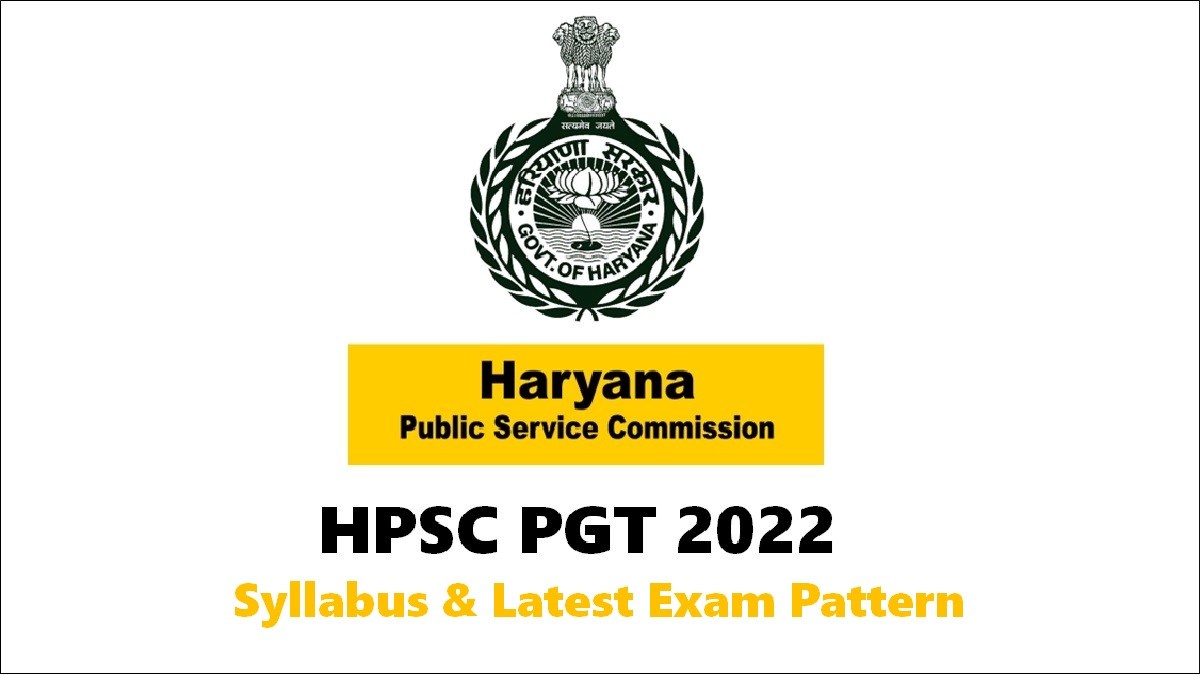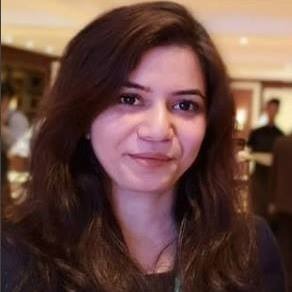Jagran Josh
HPSC PGT Registration 2022 open till 25th December 2022 for 4476 vacancies in Haryana & Mewat cadre. Check Detailed Syllabus & Exam Pattern.

HPSC PGT 2022: Check Syllabus & Latest Exam Pattern
HPSC PGT Syllabus 2022: The Haryana Public Service Commission will be conducting the HPSC PGT Recruitment 2022 for the selection of eligible candidates against 4476 vacancies of Post-Graduate Teachers (PGTs) (3863 posts and 613 posts for Haryana cadre and Mewat cadre respectively). Candidates can apply online for HPSC PGT 2022 from 27th November to 25th December 2022.
Candidates appearing for the HPSC PGT 2022 will undergo a Written Test, Interview, Document Verification, and Medical Exam. Meanwhile, candidates can check the detailed syllabus, topics, exam pattern, and marking scheme for HPSC PGT 2022 and begin their preparation.
HPSC PGT Recruitment 2022 Important Dates
Check out the important dates pertaining to the HPSC PGT recruitment shared below:
|
Events |
Dates |
|
HPSC PGT Notification Release Date |
19th November 2022 |
|
Opening Date of HPSC PGT Application Process |
27th November 2022 |
|
Closing Date of HPSC PGT Application Process |
25th December 2022 |
HPSC PGT Exam Pattern
- The HPSC PGT exam is going to be conducted in pen and paper mode.
- The board will ask eighty questions in the MCQ pattern
- Out of the total, 80% weightage shall be given to the questions from the concerned subjects whereas the rest 20% shall be based on the Aptitude section.
- As per the marking scheme, 2 marks shall be given for the wrong answer. There is no negative marking for the answers marked wrong.
|
Subjects |
Maximum Questions |
Maximum Marks |
|
Questions from Concerned Subjects |
60 |
120 |
|
Aptitude-based questions |
20 |
40 |
|
Total |
80 |
160 |
Also Read: HPSC PGT Eligibility Criteria 2022: Check Important Dates, Age Limit, Educational Qualifications
HPSC PGT Syllabus
The HPSC PGT syllabus has been prescribed for all the subjects by the commission. The candidates who are going to write the upcoming exam can resort to the subjects mentioned below for clearing the exam in a single attempt.
History
|
Subjects |
Syllabus |
|
Indian History\ |
|
|
History of the World |
|
Computer Science
|
Subjects |
Syllabus |
|
Computer Systems Architecture |
|
|
Operating system |
|
|
Programming Fundamentals |
|
|
Data Structures |
|
|
Programming in C++ |
|
|
Relational Database Management System |
|
|
Web Development |
|
English
|
Subjects |
Syllabus |
|
Reading Comprehension |
|
|
Grammar and Usage |
|
|
Literature |
|
Hindi
|
Subjects |
Syllabus |
|
Hindi Language |
|
Urdu
|
Subjects |
Syllabus |
|
Urdu Language |
|
Physics
|
Subjects |
Syllabus |
|
Physics |
|
Commerce
|
Subjects |
Syllabus |
|
Introduction to Business |
|
|
Form of Business Organization |
|
|
Business ownership |
|
|
Trade |
|
|
Business Finance |
|
|
Management |
|
|
Management Function |
|
|
Business Finance |
|
|
Financial Market |
|
Economics
|
Subjects |
Syllabus |
|
Social Science |
|
Maths
|
Subjects |
Syllabus |
|
Arithmetic |
|
|
Mensuration |
|
|
Trigonometry |
|
|
Statistics |
|
|
Mathematical Reasoning |
|
|
Sequences and Series |
|
|
Determinants and Matrices |
|
|
Geometry |
|
|
Coordinate Geometry |
|
Chemistry
|
Subjects |
Syllabus |
|
Chemistry |
|
#HPSC #PGT #Check #Syllabus #Latest #Exam #Pattern
